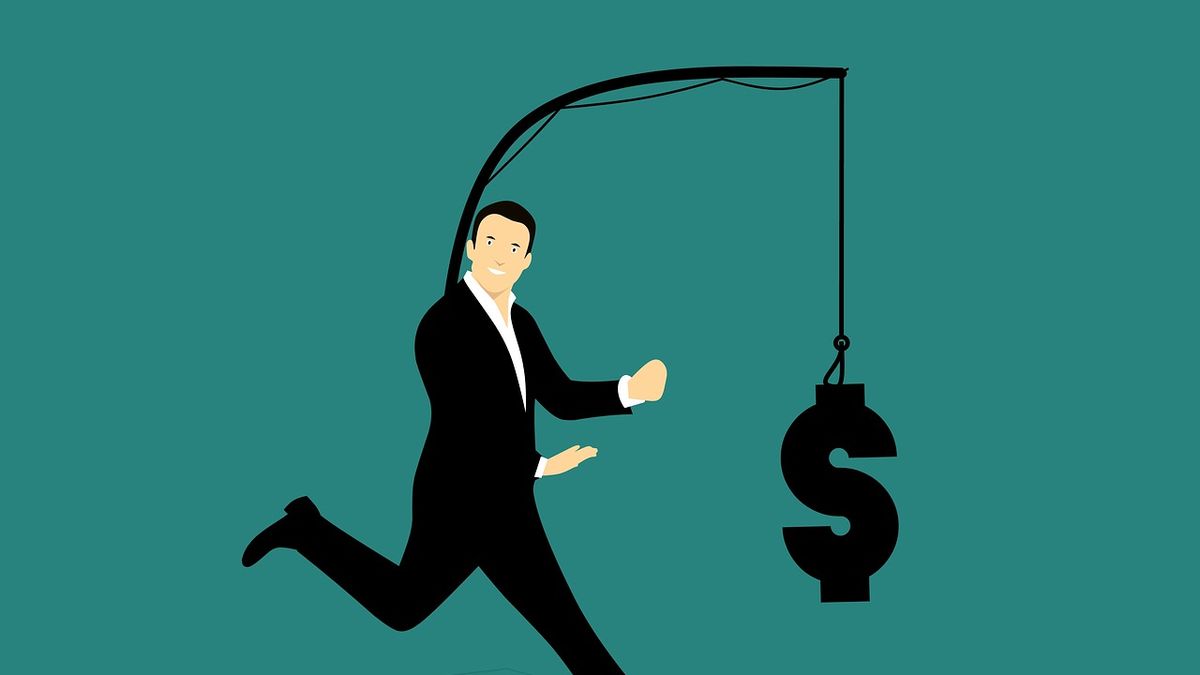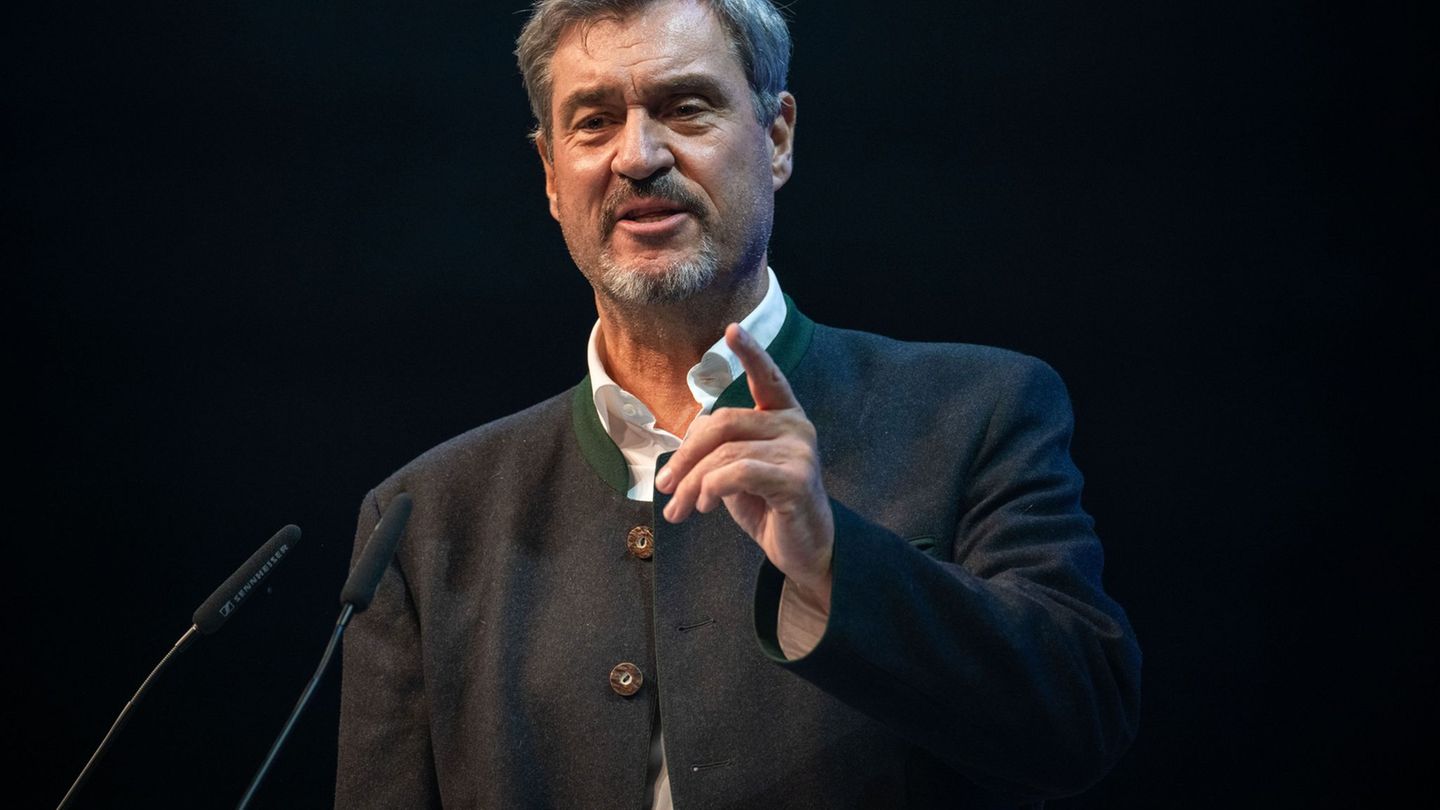It is because of this that the Government enabled rounds parity with agreements around 60%. In any case, according to different analysts and private consultants, the agreed increases would not be enough to compensate for the rise in prices. That is why it is estimated that this year the wages would lose, albeit slightly, against inflation. They also highlight that the scenario could change if “substantial” increases are agreed upon in the revisions and that, for this reason, a “heterogeneity” between the different sectors and their unions.
“As the year has been scheduled so far, both in terms of the increases expected due to inflation and the expected rises in regulated prices, due to the inertia that inflation has been having beyond the fact that a gradual slowdown is expected, and with the parity as they closed until now, wages would lose against inflation”, he pointed to Area Martin Kalosdirector of EPyCA Consultants.
It is that, as the economist remarked, “basically, the great majority of the parity that has already been agreed between 45% and 60% increase for this year”. “Many have instances of revisionsome quarterly and in some cases scheduled according to the inflation. That is going to be the key point to determine if at the end of the year wages tied or beat inflation. Today, they are still on their way to losing against a price hike that is going to be above 60%. With which, there are very few unions that advertised above that figure, ”he remarked.
INFLATION SUPERMARKET PRODUCTS
They estimate that wages will not be able to win the race against price increases this year
NA
“And there is the question that if you look at the moments in which the wage update defined in these parities occurs, they run from behind the acceleration of inflation at the beginning of the year. So the nominal increase, as it will occur throughout the year against inflation that accelerated more at the beginning of the year, should be several points higher than inflation. so that effectively in the average of the year it can be said that it ‘tied’. And that is less likely to happen,” Kalos stressed, concluding: “In other words, it is likely that, on a general average, wages will lose slightly against inflation this year. Unless substantial increases are agreed upon in the revisions made in the future”.
An even scenario
For his part, the director of the consulting firm Sarandí, Sergio Chouza, maintained that, “in keeping with the rest of the nominality of the economy, inflation is beginning to approach rates closer to 70%”. “And what has been seen in the different areas of activity, in the different collective agreements, is that in all cases the period of parity adjustments is shortened and gradually it begins to look more like that 70%”, remarked the economist , who added: “It is expected that this trend will deepen, because in the remainder of the year annual inflation will continue to accelerate, regardless of whether the monthly inflation remains stable or falls in the margin, and will be converging at 70%. So, this phenomenon will continue to occur. Short joint shares with update clauses and a higher nominal value”.
In that scenario, Chouza remarked: “I believe that a phenomenon similar to last year is going to take place: it will end evenly, head to head on average, but with much more heterogeneity. With little gap between the inflation average and the parity average, but with a lot of heterogeneity between sectors. With the usual distinction: those who have more firepower, trading upwards; and in other cases, downwards in the unions that have less capacity to impose demands”.
“I do not see a sustained, significant recovery that can be felt and that can be narrated in political terms. I think it will continue head to head as it was last year, where the numbers of the average parity were above, but with the enormous nominality, it is very difficult for that to really translate into a perception of improvement in purchasing power”, concluded Chouza.
“Lagging” wages
For its part, according to the analysis carried out by the LCG consultancy, “With a projected inflation floor of 70% year-on-year, it is difficult to propose a scenario where wages win the race against price increases”. “At the moment, with a large part of the paritarias closed at an average of 50% per year, even with promises of revision, in most cases it seems that they will be left behind in the face of the increase in nominality,” they pointed out.
For their part, from the ACM firm they pointed out that “it can be expected that with the acceleration of inflation, a lag will again be observed within the non-registered sector for the coming months”. “On the other hand, the registered sector has greater tools to get closer to the variation in prices. We can notice better joint agreements, as well as shorter time periods for them. What can allow a faster adjustment to the inflationary process”, they analyzed.
Source: Ambito
David William is a talented author who has made a name for himself in the world of writing. He is a professional author who writes on a wide range of topics, from general interest to opinion news. David is currently working as a writer at 24 hours worlds where he brings his unique perspective and in-depth research to his articles, making them both informative and engaging.




